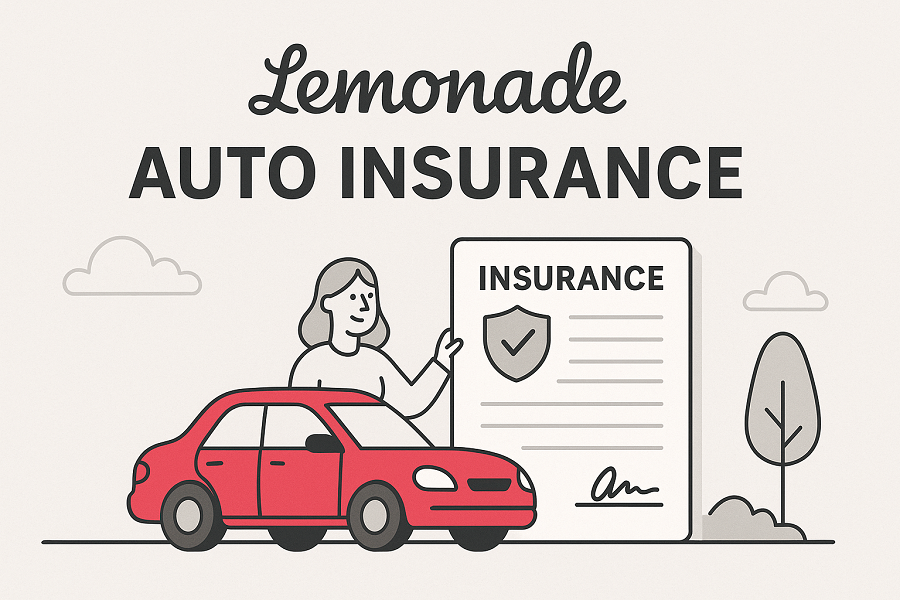Introduction
Can you get a DUI on a bike? It’s a question more people are asking as cycling becomes a popular alternative to driving. Many assume that DUI laws only apply to motor vehicles, but biking under the influence can still lead to serious legal trouble. Depending on where you live, riding a bicycle while intoxicated might result in charges similar to drunk driving. This article breaks down how DUI laws apply to cyclists, what the penalties are, and what you need to know to stay safe and legal—whether you’re pedaling home from the bar or just cruising around town.
What Counts as a “Vehicle” Under DUI Law?
DUI laws vary by state, but many define a “vehicle” broadly enough to include bicycles. While a bike isn’t motorized, some laws still consider it a legal vehicle when it’s operated on public roads. This means you can get a DUI on a bicycle, depending on where you are. Laws about drunk biking or cycling under the influence often treat bikes similarly to cars—especially if you’re endangering yourself or others while riding intoxicated.
How DUI Laws Apply to Bicycles, State by State
DUI on a bike isn’t treated the same everywhere. In states like California and Colorado, riding a bicycle while intoxicated can lead to the same penalties as drunk driving. Other states, like New York, don’t consider bicycles in DUI laws but may issue tickets for public intoxication or disorderly conduct. The key is knowing your state’s stance. Some enforce full DUI bicycle laws, while others use separate cycling under the influence charges. Always check local DUI bicycle regulations before riding home buzzed.
Blood Alcohol Concentration (BAC) Rules for Cyclists
Most DUI laws rely on a blood alcohol concentration (BAC) threshold—usually 0.08%. But how does that apply when you’re biking? In some states, police can request a breathalyzer or field sobriety test even for cyclists. If you’re underage, the legal limit is often even lower. Riding a bicycle while intoxicated doesn’t exempt you from testing. And if you refuse? You could still face charges for biking under the influence, especially if you’re visibly impaired or cause an accident.
Penalties & Consequences
Getting a DUI on a bicycle can lead to more than just a warning. Legal consequences may include fines, probation, community service, or even jail time. In some cases, you could lose your driver’s license—even though you weren’t driving a car. Cycling under the influence could also affect your bike insurance or liability coverage if an accident occurs. Each state handles penalties differently, but one thing is clear: riding drunk isn’t risk-free, legally or physically.
Alternative Charges When DUI Doesn’t Apply
Even if your state doesn’t allow DUI charges for bicycles, you’re not off the hook. Police might charge you with public intoxication, disorderly conduct, or reckless endangerment. These offenses may not be called a DUI, but they still carry legal and financial consequences. For example, riding your bike drunk through traffic could result in criminal charges for endangering others. In some cities, you could face both a city ordinance fine and a state-level infraction.

Legal Defenses & What to Do If You’re Arrested
If you’re arrested for a DUI on a bike, don’t panic—but don’t go it alone either. A good defense might question whether your bicycle qualifies as a vehicle under state law. Your lawyer might challenge BAC test accuracy or argue you weren’t a danger. If you’re stopped, be polite and avoid admitting guilt. Ask if you’re free to leave, and if not, request legal counsel. Knowing your rights when biking drunk can make a big difference in court.
Public Health & Safety Perspective
Biking while intoxicated isn’t just a legal issue—it’s a safety one. Drunk cyclists are at higher risk of injury or death, especially at night. Statistics show that alcohol is involved in a significant number of fatal bike crashes. Community efforts like “bike smart” programs and ride-share partnerships help raise awareness. Some cities even offer late-night ride services to prevent cycling under the influence. Staying safe means making smart choices before getting on your bike.
Section 9: Real‑World Case Studies
Legal outcomes vary depending on the state, but real cases show how serious cycling DUIs can be. In California, a man was charged with DUI on a bicycle after weaving through traffic. In Florida, a college student received probation and a fine for riding drunk on campus. These cases highlight how riding a bicycle while intoxicated can lead to real legal consequences. Some courts are even cracking down harder to discourage repeat offenses among cyclists.
FAQs
- Can I lose my license for a bike DUI?
Yes, in many states, you can lose your driver’s license—even if you weren’t driving a car. - Is biking drunk always illegal?
Not always, but in most states, if you’re a danger to others, you could face charges. - Do DUI laws apply to e‑bikes and scooters?
Yes, in many cases, electric bikes and scooters are treated like motor vehicles under DUI law. - Can I get arrested for refusing a breathalyzer on a bike?
In some states, yes—refusing tests may lead to other charges like public intoxication. - Is drunk biking safer than drunk driving?
It might seem that way, but it still puts you and others at serious risk.
Preventative Tips & Alternatives
If you’re planning to drink, leave your bike at home. Use a ride-share, call a cab, or have a designated cyclist—yes, that’s a thing! Apps now exist to help monitor your BAC and suggest safer transport. Some breweries even partner with sober ride programs to promote responsible cycling. If you’ve had too much to drink, the smartest move is not to ride at all. It’s better to arrive late—or not at all—than risk a DUI on a bike.
Conclusion & Key Takeaways
Can you get a DUI on a bike? In many places, yes. Cycling under the influence can lead to fines, license loss, or worse. Knowing your state’s laws, understanding your rights, and riding responsibly can keep you safe and legal. Whether it’s a bike, a scooter, or a car—alcohol and transportation don’t mix. Ride smart, plan ahead, and avoid turning a fun night out into a legal nightmare.

